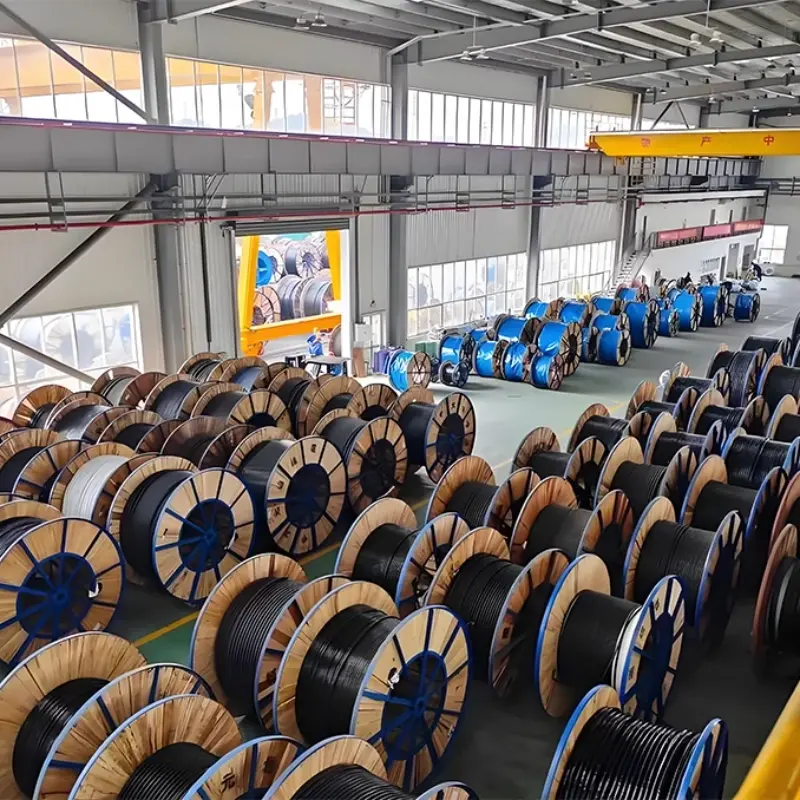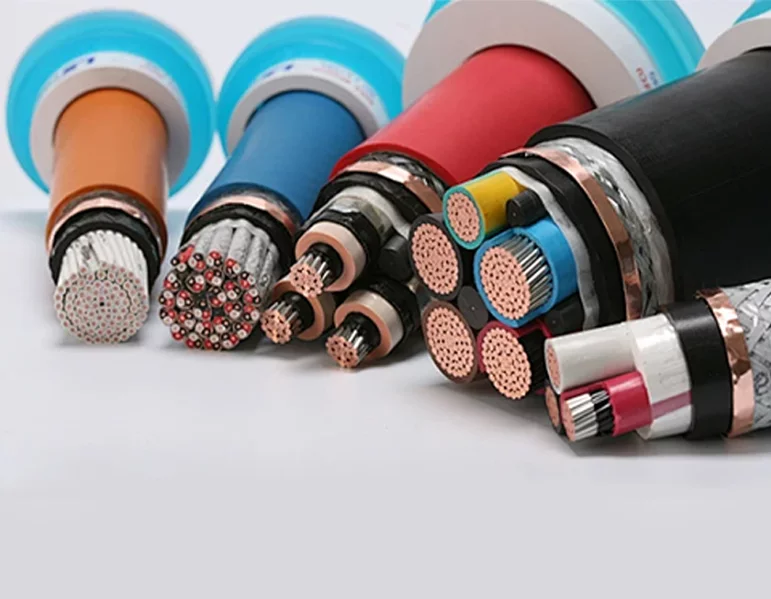The Ultimate Guide to Choosing the Right Electrical Wires and Cables for Your Projects
Release time: 2024-08-14
When it comes to electrical projects—whether industrial, commercial, or residential—selecting the right wires and cables is critical for safety, efficiency, and performance. At Xijiangyue Cable, we provide high-quality electrical wiring solutions for customers worldwide. In this comprehensive guide, we’ll help you understand key factors to consider when choosing wires and cables for your specific needs.
Why Quality Electrical Wires and Cables Matter
Electrical wires and cables form the backbone of any power distribution system. Using substandard products can lead to:
Safety hazards such as short circuits, fires, or electrical shocks
System inefficiencies including energy loss and voltage drops
Increased maintenance costs and frequent replacements
Investing in reliable, certified cables ensures longevity, compliance with international standards, and peace of mind.
Types of Electrical Wires and Cables
Here are some common types of cables we offer and their typical applications:
1. Power Cables
Used for transmitting electricity in buildings, industrial plants, and infrastructure projects. Examples include XLPE insulated cables and PVC cables.
2. Control Cables
Ideal for regulating electrical equipment in automation systems, manufacturing, and machinery.
3. Instrumentation Cables
Designed for transmitting signals in sensitive environments like data centers, laboratories, and control rooms.
4. Solar Cables
UV-resistant and weatherproof, perfect for renewable energy applications.
5. Specialty Cables
These include fire-resistant, armored, or underwater cables for extreme conditions.
How to Choose the Right Wire or Cable
1. Determine Application Requirements
Consider the environment: indoor, outdoor, underground, or in conduits. Each setting may require specific insulation or shielding.
2. Check Voltage and Current Ratings
Ensure the cable can handle the voltage and current load of your application to prevent overheating.
3. Material Quality
Copper conductors offer better conductivity, while aluminum is lighter and more cost-effective. Insulation materials (PVC, XLPE, rubber) affect durability and safety.
4. Compliance with Standards
Look for international certifications such as UL, IEC, CE, or RoHS to guarantee quality and safety.
5. Environmental Considerations
For outdoor or harsh environments, choose cables with resistance to moisture, chemicals, abrasion, or extreme temperatures.
Why Choose Xijiangyue Cable ?
Global Supply: We serve clients across continents with fast shipping and compliance with local regulations.
Superior Quality: Our products meet international standards and undergo rigorous testing.
Custom Solutions: We offer tailored cables for unique project requirements.
Expert Support: Our team provides technical guidance to help you make the right choice.
FAQ
Q: What is the difference between wire and cable?
A: A wire is a single conductor, while a cable consists of multiple wires grouped together.
Q: Can I use indoor cables outdoors?
A: No. Outdoor cables require additional protection against moisture, UV rays, and temperature changes.
Q: How do I know if a cable is certified?
A: Look for markings on the cable jacket indicating standards such as UL, IEC, or CE.
Selecting the right electrical wires and cables is essential for the success and safety of your projects. At Xijiangyue Cable, we are committed to providing top-tier products and expertise to customers globally.
Explore our range of products today and power your projects with confidence!


